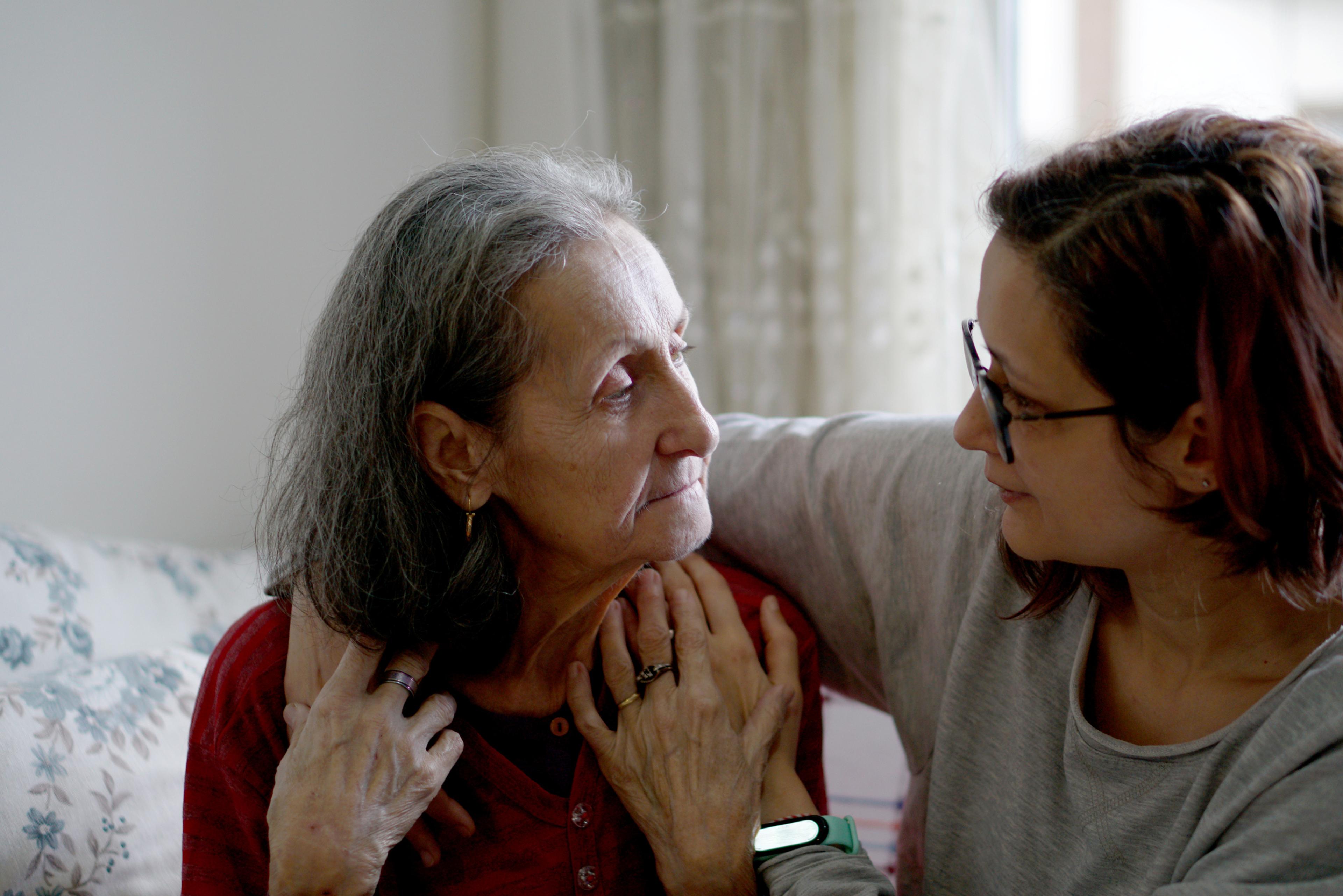Is Dementia Hereditary?

Lindsay Knake
| 3 min read
Lindsay Knake is a brand journalist for Blue Cross Blue Shield of Michigan.

Dementia is a brain disorder that can cause memory loss, cognitive decline and impair daily functioning. It is a collection of symptoms of diseases, neurological disorders and injuries rather than its own disease. Dementia is most common in people older than 65.
There are many different causes of dementia, some of which are diseases and some of which are injuries. Let’s look at causes of dementia, some of which have a genetic association.
Forms of dementia
Vascular dementia, which is a type of dementia caused by restricted blood flow to your brain, has many different risk factors, according to the Cleveland Clinic, including stroke, heart disease, diabetes, atrial fibrillation and high blood pressure. Each of these risk factors can include hereditary components, but vascular dementia is not a hereditary disease.
Lewy body dementia is a brain disorder that causes difficulties with cognitive functions and movement, according to the National Institute of Neurological Disorders and Stroke. It’s not typically a hereditary disease and the cause is unknown. For a small percentage of people with Lewy body dementia, there may be a genetic risk factor.
Frontotemporal dementias are a group of neurological disorders that cause parts of the brain to shrink. These types of dementia have a strong genetic component, according to the U.S. Genetic and Rare Diseases Information Center.
Causes of dementia
Diseases that can cause dementia include Alzheimer's disease, Huntington’s disease and Parkinson’s disease. Genetics are complicated because someone can have an increased risk factor for a disease and never develop it. Very few genes are deterministic, which means someone with the gene is guaranteed to have a related disease.
There are genetic components to all of these diseases, although it varies with each.People with a parent or sibling with Alzheimer’s disease have an increased risk of also developing the disease, according to the Alzheimer’s Association. There are more than 100 different genes that can increase susceptibility to Alzheimer's, but one gene called APOE-e4 is present in up to 65% of people with the disease.
Huntington’s disease, which causes the nerves in the brain to decay, is passed down through a difference in a gene, according to the Mayo Clinic. Children with a single parent who has Huntington’s have a 50% chance of inheriting the gene that causes the disease.
About 15% of Parkinson’s cases are in people with a family history of the disease, and other genetic factors are not entirely clear, according to Johns Hopkins University.
Other causes of dementia
There are other causes of dementia and dementia-like symptoms that aren’t linked to genetics, including:
- Traumatic brain injuries, often seen in football players or boxers
- Infections
- Malnutrition
- Medication side-effects
- Drinking too much alcohol
The takeaway on dementia and genetics: it depends. The best way to prevent dementia is to live a healthy lifestyle.
- Eat a nutritious diet, such as the MIND diet
- Exercise regularly
- Do brain exercises and puzzles
- Attend annual physical exams
- Stop or reduce alcohol consumption
Talk to your primary care physician if you are concerned about dementia or have a family history of dementia to determine prevention and care.
Image: Getty Images
Related:





